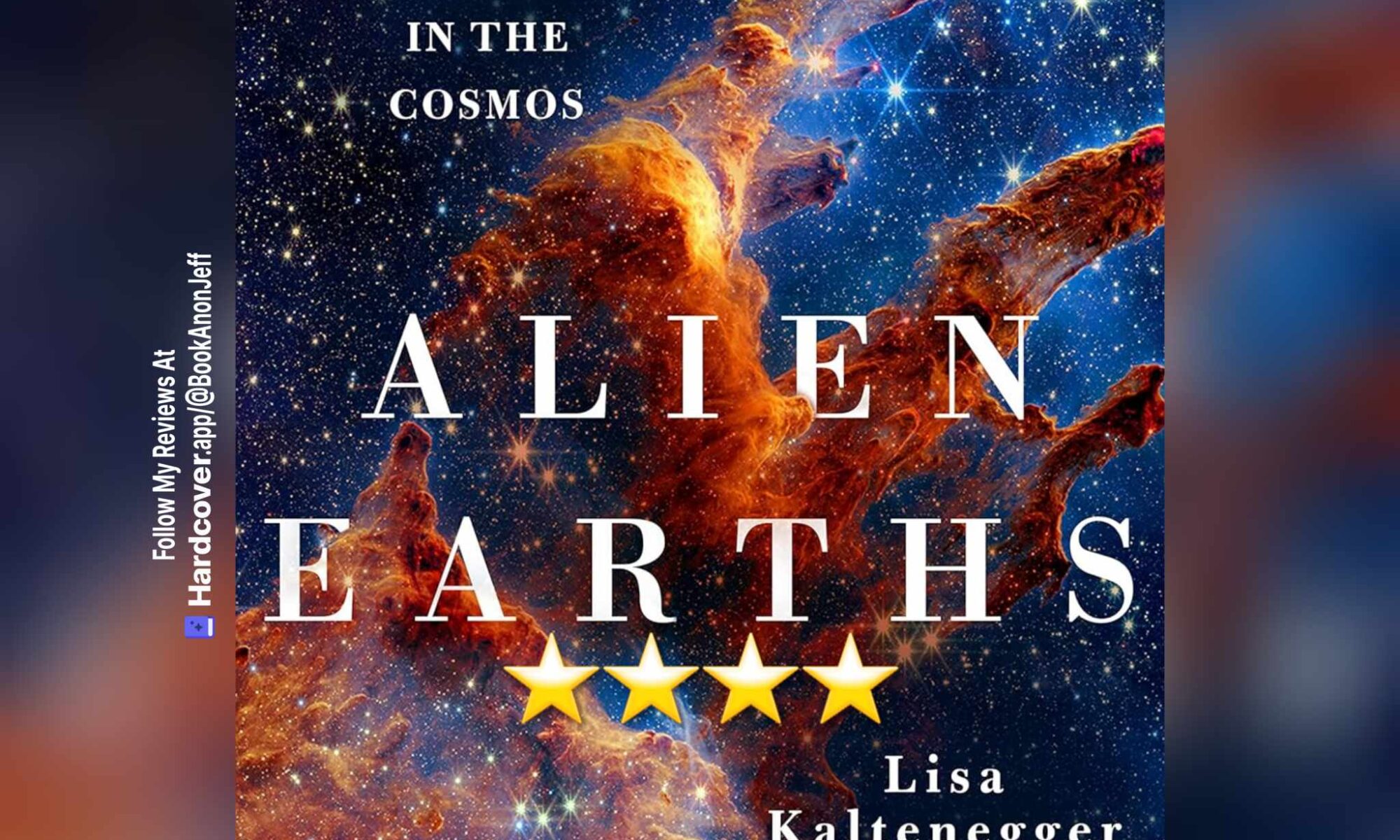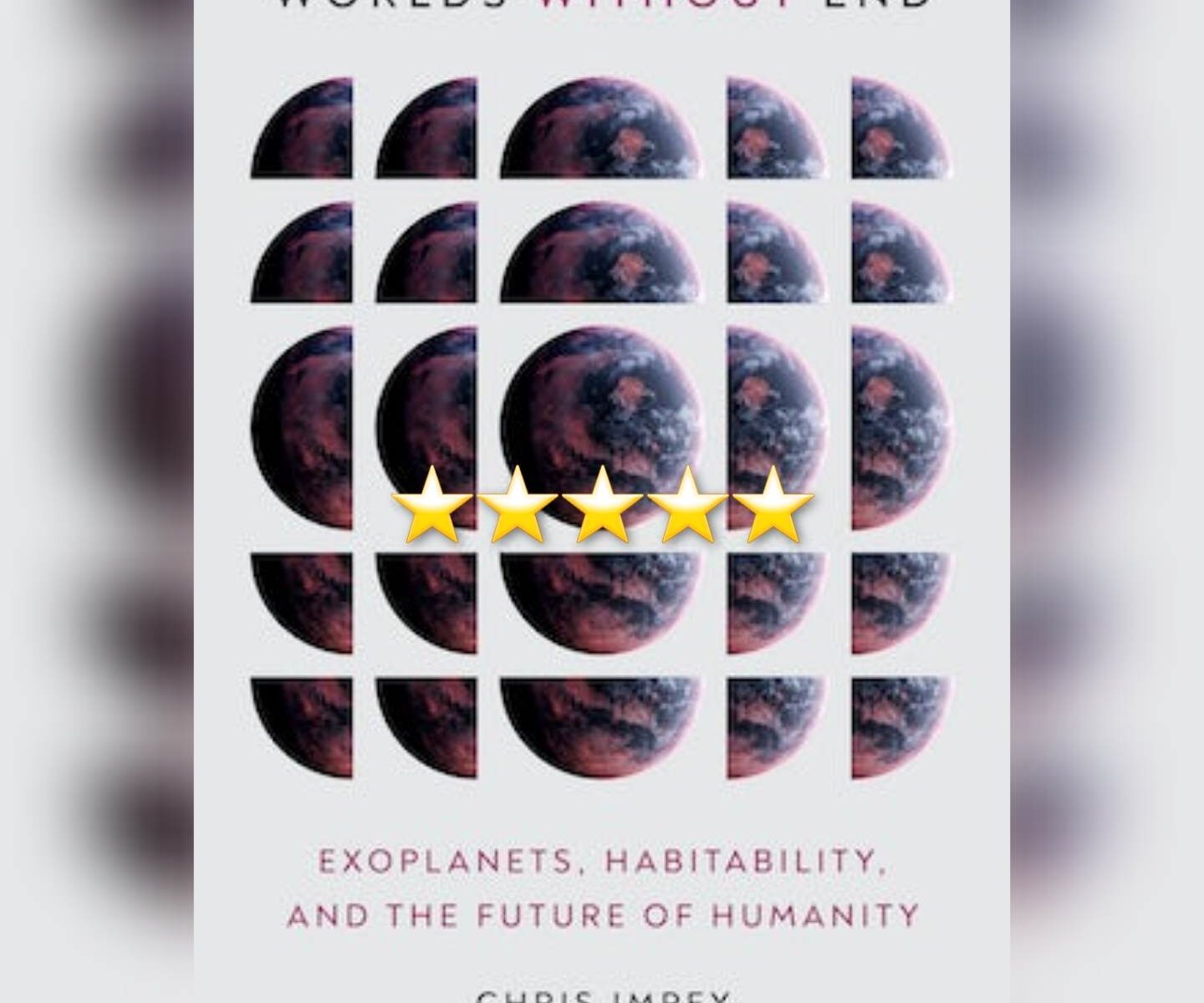Solid Examination of The Field Of Planet Hunting. This is a solid look at how scientists find extra-solar planets and work to determine what they may be like – compositionally, temperature, whether life (as we understand it) may be possible, etc. Written for a general audience by a US-based Austrian native scientist working at the Carl Sagan Institute, the author clearly knows her stuff, but perhaps the English can be a touch stilted at times. It wasn’t enough to distract from the book for me, but there absolutely were a few “huh, weird phrasing” moments. Which happens even with fully native English speakers even in the same country – I’m sure there are Americans reading this review who will question even my own phrasing, and I’m a son of the Southern US to the tune that parts of my family have been on the North American continent since the second generation of Europeans to get here at all.
Overall truly a fascinating book, and Kaltenegger’s own experiments sound quite fun and interesting to boot. The only flaw I noticed here was such a small bibliography, which is where the star deduction comes into play. Still, this is ultimately a solidly written depiction of a truly fascinating part of interplanetary science. Very much recommended.
This review of Alien Earths by Lisa Kaltenegger was originally written on April 9, 2024.


